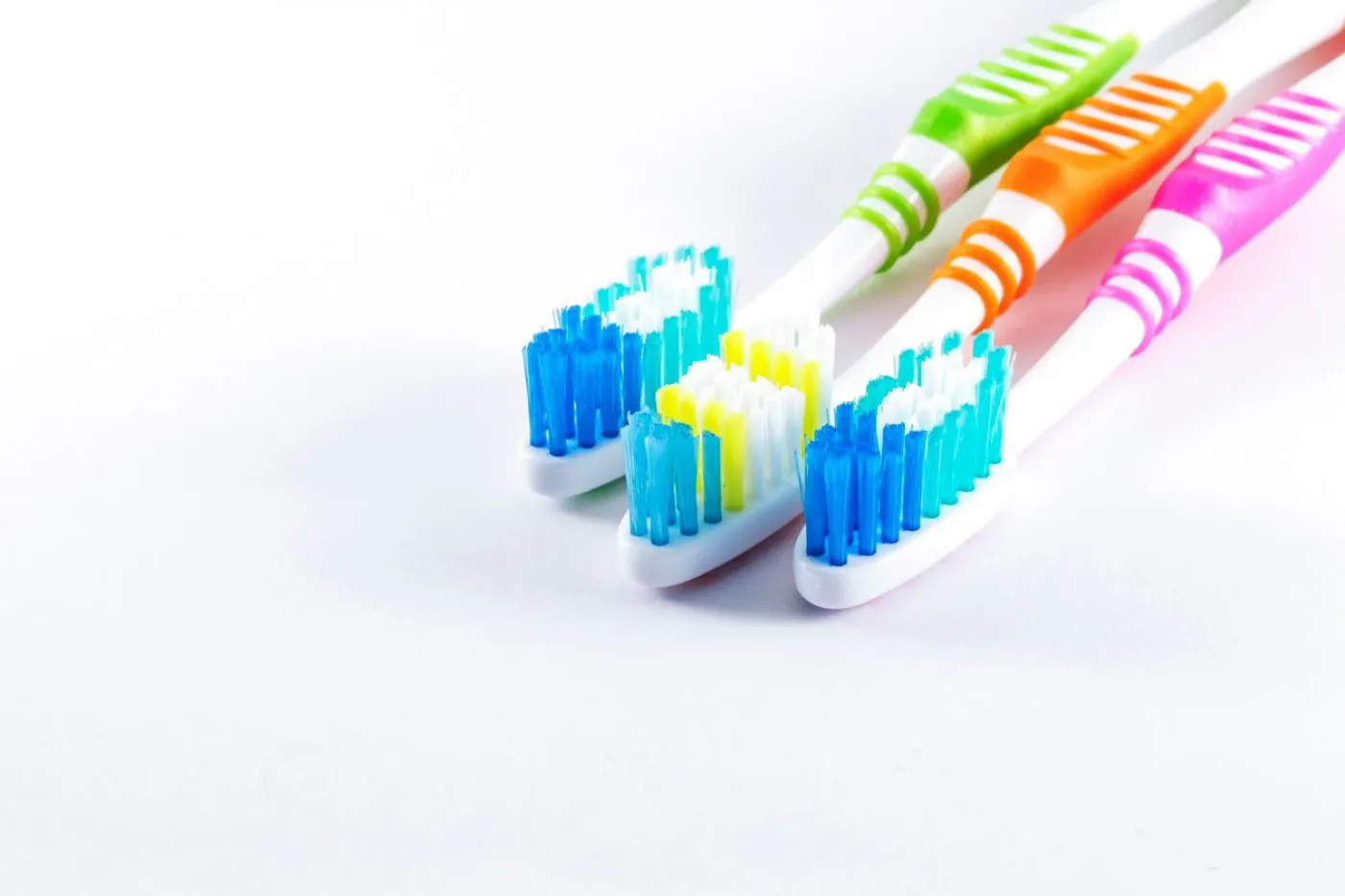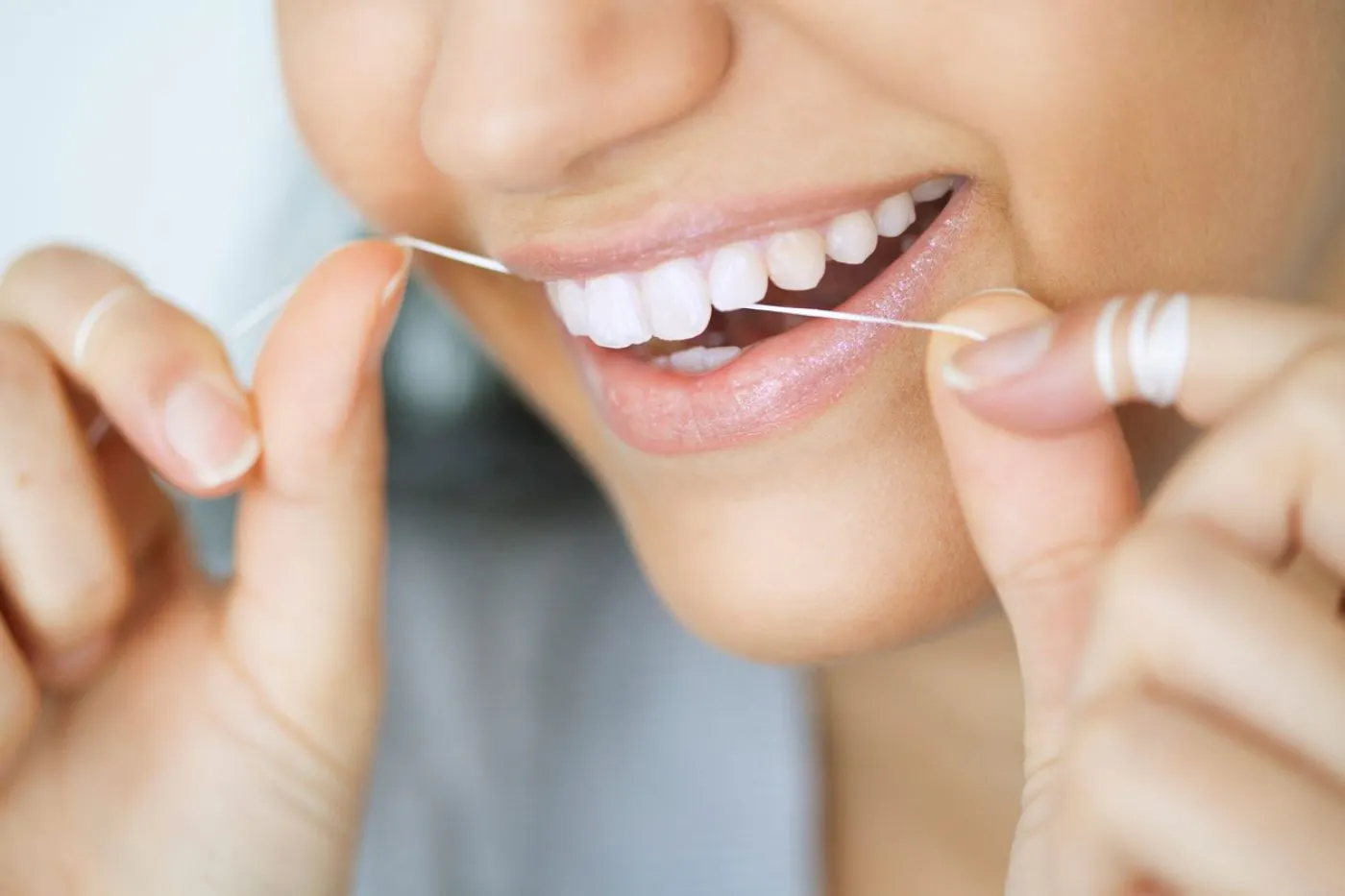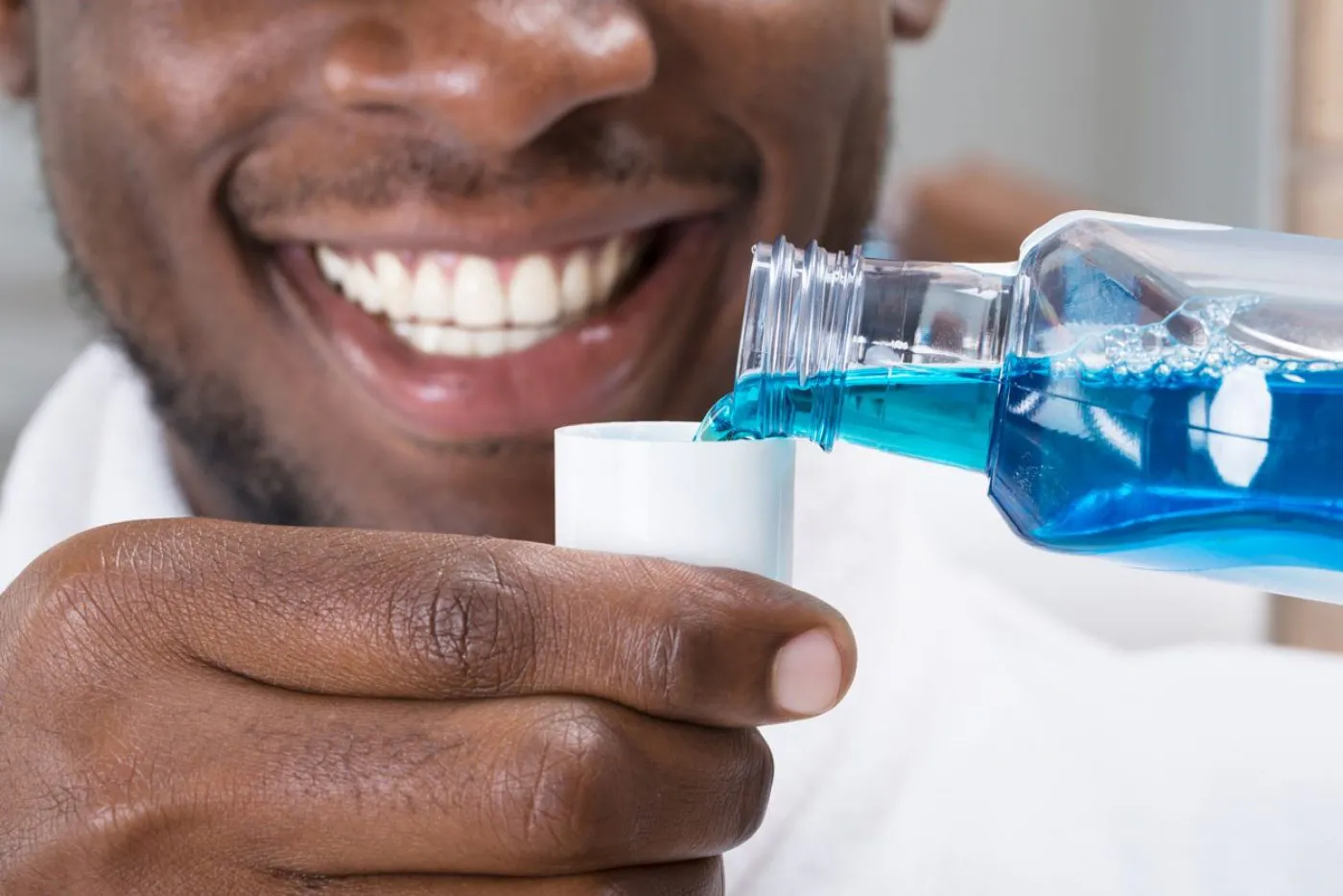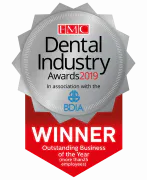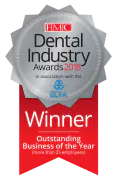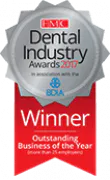How to maintain a healthy mouth by brushing your teeth.
As we know, brushing your teeth is an essential part of your oral hygiene routine, but are we all doing it correctly? To maintain healthy teeth and gums you must use the correct routine and doing this regularly and thoroughly, will help to ensure your mouth stays healthy. Whilst we probably all do this slightly differently, below are some simple, helpful tips on how to brush your teeth for maximum oral hygiene.
